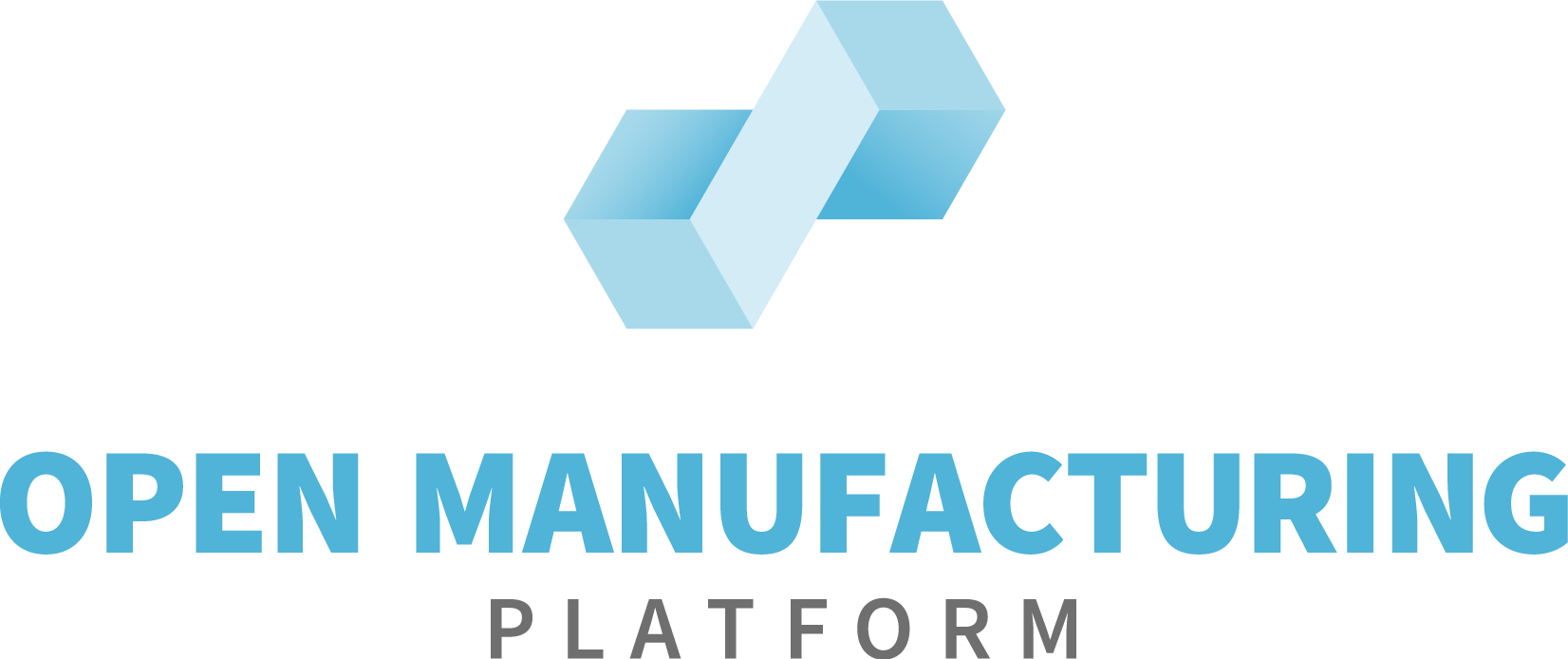Open Manufacturing Platform

Landing page for Open Manufacturing Platform in GitHub
Data Integration Challenges solved by Industry 4.0 Core Information Model
Making Better Decisions with Data-Driven Insights
(2022/05/31) - The objective of Industry 4.0 is to leverage all available data to get the most accurate understanding of how the business went in the past, how it’s going in the present and how it will likely be in the future – driving better decisions at the right time. In other words, it aims to solve business questions with data-driven insights.
Typically, business users address business questions through applications that connect to and process the relevant data. These applications act as an interface between the business users and the insights extracted from the available data and relevant to the business question to solve.
Challenges
However, currently manufacturing enterprises face significant challenges in acquiring, accessing, integrating, describing, and harmonizing manufacturing data from heterogeneous and isolated data silos before it can be used effectively in manufacturing data processing applications (e.g., for KPI reporting, quality analysis, process optimization or other I4.0 use cases).
Common challenges include:
- Heterogeneity of Data Sources: Organizations typically store data in heterogeneous data sources, isolated silos, in different formats (e.g., relational database 1..n, CSV, XML, JSON, …), following different schemas.
- Lack of Standardization: Currently, there is a lack of standardization regarding relevant terms, entities, their attributes, and relationships in the manufacturing domain.
- Lack of Semantic Context: Manufacturing data is often stored without metadata or context. This prevents the understanding of the data by different stakeholders as the meaning and context of data need to be reconstructed by the data consumer instead of being available right with the data.
- Tight coupling of Data Processing Applications with Data Sources: Very often, data processing applications are developed directly against data sources, and the integration logic is hardcoded into the application. This makes their reuse very hard to achieve and often results in duplicate efforts in multiple plants.
- Heterogeneity of Machines and Practices in Multiple Plants: Machines on the shop floor are typically purchased from different suppliers and are therefore heterogeneous in terms of the data they provide, even if they execute the same manufacturing process.
How to Solve the Problem
The free whitepaper Industry 4.0 Core Information Model, by the Open Manufacturing Platform’s Semantic Data Structuring Work Group, addresses the challenges by presenting a standardized conceptual information model based on the IEC 62264 standard for the manufacturing domain. The Industry 4.0 Core Information Model provides a common and standardized definition of relevant manufacturing entities, their attributes, and relationships, including their semantic meaning. This enables manufacturing enterprises to efficiently integrate data and provide a clear semantic context, thus reducing the time required to generate insights from the data. Furthermore, the I4.0 Core Information Model allows companies to reuse data-processing applications across heterogeneous data sources as the standardized data model acts as an abstraction layer over the heterogeneous data decoupling data sources from data processing applications. The whitepaper also presents four exemplary use cases which benefit a lot from using the Industry 4.0 Core Information Model for standardized description of manufacturing data.